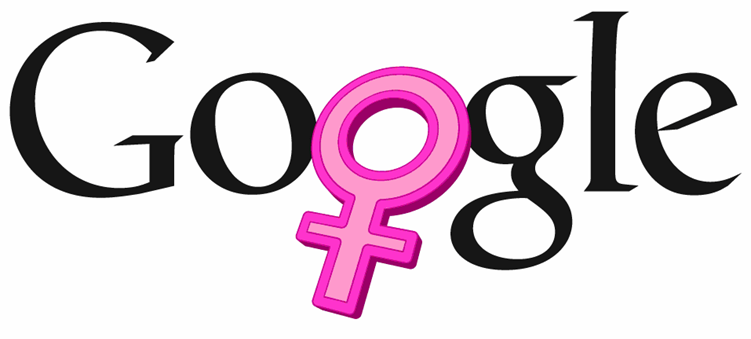
The word "Google" has almost entirely replaced the term "search engine." It goes without saying, then, that a formidable presence on Google is necessary for a successful internet marketing strategy. Below are the three most important keys to achieving top Google ratings.
1. Make Sure Your Copy and Content are Rich with Keywords.
Think long and hard about the keywords that people will use when searching for your product or service. Then make sure that the copy and content of your website are full of those keywords. The more keywords you have in your copy, the more likely it will be that your website will have a high Google ranking.
Let's say that many people searching for your product are likely to use the keyword "virtual assistant software." When you're creating your website, make a separate page dedicated to this keyword. Ideally, you'll use the keyword in a headline, the first sentence, and wherever else it fits in logically. You should try to use only one or two keywords per page, and ensure that your copy is focused on the keyword.
Including keyword pages will improve your page's ranking. Make sure your copy is rich and in-depth. The pages with the most relevant copy will be ranked highest.
2. Make Sure Search Engines Can Read Every Page on Your Site.
Many marketers are surprised to learn that search engines can't navigate much of their content. It only makes sense that you won't get high rankings if the search engines can't read your site.
Search engines can only read words. If your site is dynamic, or if it includes Flash or Java, it's likely that the search engine can't read your site. It often happens that search engines can't navigate your site correctly, even if they can read the content. If your site doesn't include links or a site map to tell the search engine where to go next, it will just bounce around.
To see what Google indexes on your website, go to Google and type site:www.yourdomain.com. The results will show you the titles and descriptions of pages that Google can find on your site. If there are no titles or descriptions, then it's likely that your target audience won't be able to find you.
3. Links, Links, and More Links.
Search engines use links to determine your site's reputation and popularity. The search engines give higher rankings to pages that have links from relevant and important sites.
Link building has become a sophisticated process in the last few years. In essence, link building occurs when you find websites related to yours and have them link to your site. People naturally link to sites that have high-quality and relevant content, but you have to get other people to notice you in order to get those links. So try to get links from press releases, articles, directories, and social media sites.
If you have a well-established site with history, make sure that you don't increase the total number of links to your site by more than 10-15% each month. This may cause the search engines to believe that you're artificially inflating your link popularity. If you have a newer site, however, you can build links at a faster rate since you don't have an established history. Linking ensures that your position is stabilized in the search engines and that you get traffic from sites that link directly to you. But don't sit back and relax once you've established good links and a high search engine ranking. Link generation is an ongoing process.
You can also use the services of an SEO expert or internet marketing professional who specializes in search engine promotion. Using such a professional, or using the three strategies mentioned above, will ensure that you get the highest Google rankings and enjoy great success!










0 comments:
Post a Comment